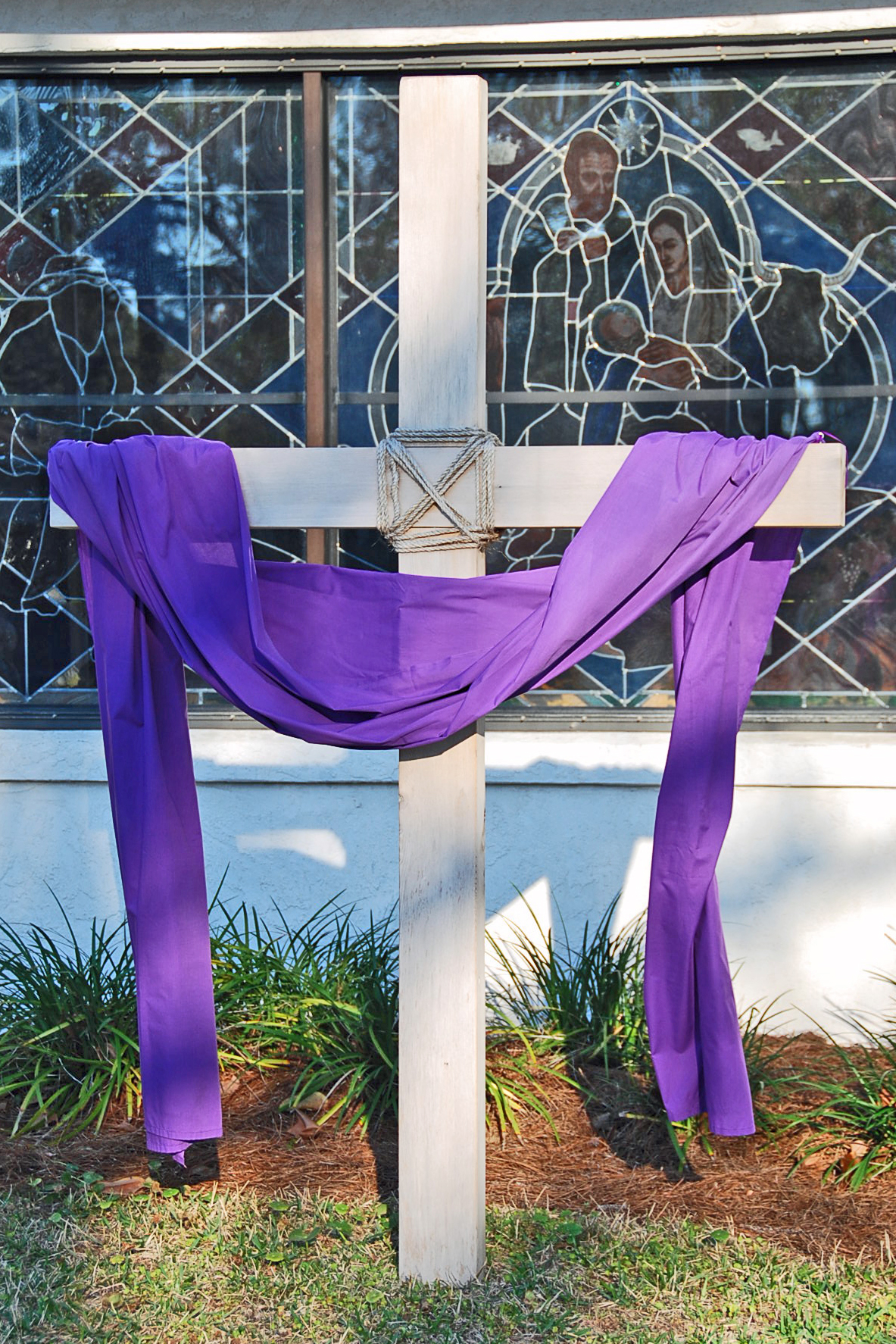Confess your sins to each other and pray for each other so that you may be healed.
James 5.16
Confession is good, but scary. It means telling the truth about who you are and what you’ve done to someone else. In comparison, I think confessing your sins to God is easy. You just confess and experience the tsunami of weightless grace roll over you. But confessing to a real person is hard. Real people have real reactions right in front of you, and there’s no telling in advance what those reactions will be except that they are mostly unpleasant. Shock is unpleasant. So is horror, fear, disgust, or that weird nervous laughter that accompanies the embarrassment we feel for others. To confess your sin to another person and have them stifle a giggle is about the most shameful feeling I can imagine.
But you have to confess to another person if you want any kind of accountability. In fact, those negative reactions are usually the best deterrent to future sin. After seeing that look of stunned distaste on your best friend’s face, it’s hard to want to go back to your old ways. And the idea that your friend might begin asking you probing questions is also pretty uncool. But once you have shared something secret with another person, just about everything else becomes fair game; meaning, once you’ve shared the darkest and most vulnerable things about you, it becomes a lot easier to share the less-dark and more-common sins we commit on a more regular basis, and to ask for help overcoming them.
I am a big advocate of regular confession. I think it gets easier the more you do it. It never becomes effortless, mind you; it just becomes less traumatic. My friend John (the other lead pastor at our church) and I have a pretty open relationship in this regard. We tattle on ourselves just about every day. We can share those failings and find grace from one another, but we find accountability too. If I keep messing up in the same ways, John will find a way to tell me I need to sort my junk out and stop giving myself permission to be flawed in the same kinds of ways. Those are tough things to hear, but I appreciate having someone I know, love, and trust tell them to me. It took us a long time to establish that trust, though, and we probably began our relationship of confession and accountability before we even knew we were safe to do so. That’s another thing about confession. It always implies risk. You never know if the person you tell is going to tell ten other people, blog about it, or use it against you. But it’s still worth the risk.
The pain of confession is worth the freedom of coming clean. Once we come to terms with who we are and what we have done, exposing both our true identity and our true failure to someone else, the liberty we experience leaves us with very little to lose. We risk a little in telling someone, but we gain way more in releasing our sin.
I learned about the true power of honest confession from two of my friends at our church. The three of us meet once a month or so for breakfast. We turn over our dirty laundry and talk openly about how we want to be different. When one of us fails, the other two put on the hats of their inquisition. They systematically prod and pull at any remaining self-deception until we’re picked clean.
With that kind of attention, in grace, coming from people who love you, how can you not do better the next time around?
Two things stick in my mind here: we all need the courage to come clean to another person about who we are and what we’ve done. We all need the guts to have a long and uncomfortable conversation with our friends when they come clean with us: not to shame them or to judge them, but to help them understand how they got where they are and make sure they never go there again.
This post is from Seasons of Christian Spirituality.
fossores
Related posts
Categories
Category Cloud
Tag Cloud
Recent Posts
- Victors and Victims November 6, 2018
- 3 Hacks for Happiness October 29, 2018
- Hope Against Death September 20, 2018
- The Shape Of The Cross September 19, 2018


